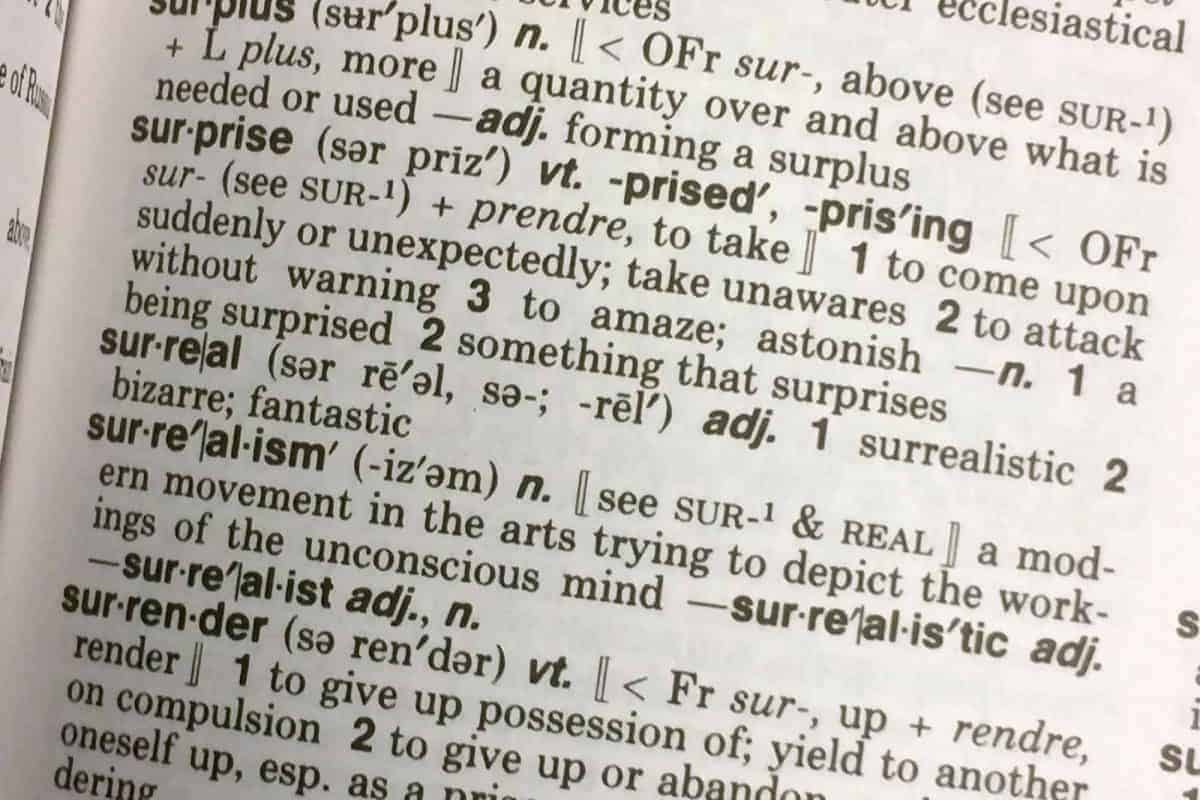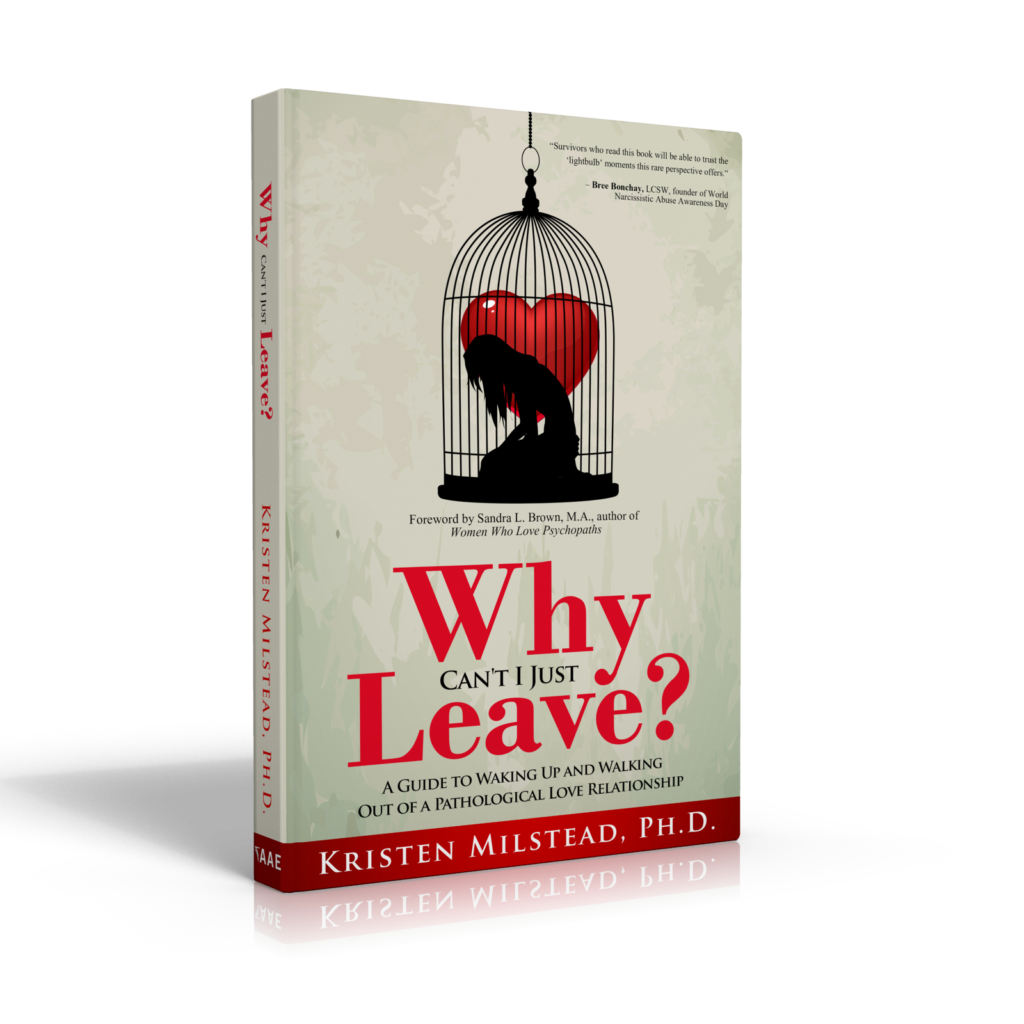As survivors of narcissistic abuse, we all have a story about the day everything changed, the day our relationship went from a fairy tale to a nightmare.
Maybe the relationship had been slowly fading into a painful, confusing reality for a long time. Inevitably, however, there came a time for all of us when we realized that something is just not right. Our partners seem to be lacking something crucial.
It’s as if they knew their actions would cause us pain but did it anyway. The behavior may even seem premeditated or intentional, as if they enjoy the idea that they are hurting us.
Yet it’s their indifference to our pain when confronted that can be especially difficult to explain.
Survivors of Narcissistic Abuse Confront the Pathological

We know intuitively that people have lapses in judgment and make mistakes. We all sometimes make spontaneous, irrational, or emotional decisions and later wish that we had thought through them a little longer.
Dr. Martha Stout, who wrote The Sociopath Next Door, writes, “Even a normal person’s conscience does not operate on the same level all of the time. One of the simplest reasons for this changeability is the fundamental circumstances of living inside a fallible, need-driven human body. When our bodies are exhausted, sick, or injured, all of our emotional functions, including conscience, can be temporarily compromised.”
When we have disregarded our own standards for how we treat others, we usually feel guilty about what we’ve done. Yet our partner’s destructive actions seem to lack reflection and remorse.
We know instinctively that someone who has declared their undying love cannot possibly do the things they have done to us. It’s the stark callousness with which they treat us leads us to recognize that something is wrong.
When we do, the unique method of abuse that narcissists use to abuse their partners really kicks in. Through a blitzkrieg of manipulative tactics, we eventually accept what they say to make their behavior fit the paradigm that “everyone does hurtful things they regret.” They convince us of two things:
- There was a reason why they did what they did
- They care when we’ve been hurt by their actions
The “reasons” for their behavior are often straightforward at first. They claim they made a mistake, and may fake empathy and remorse to convince us that it’s not going to happen again.
Facing the Reality
As the behavior continues, however, the “reasons” shift to those outside that normal framework of human behavior.
It never happened. Or we are exaggerating and what they did isn’t a big deal. Or it’s our fault and we deserved it.
In short, they manipulate us into believing they have a conscience and that it’s our perceptions of their behavior that are wrong. [Read “How Narcissists Play Mind Games to Make You Think the Problem is You“]
Confusion sets in and we put ourselves through a nonstop internal inquisition:
- What’s wrong with my partner?
- Is my partner “good” or “bad?”
- What if the problem is really me?
- Does my partner intend to hurt me?
- Can my partner change?
When we accept their “reasons,” we lose ourselves and that initial judgment we made about what they’ve done. These questions chain us to our partners, as we swing between accepting their verbal explanations and knowing through some deeply buried part of ourselves that their behavior isn’t normal. [Read “The 5 Stages of No Contact with a Narcissist“]
Stopping these questions in their tracks can seem impossible, but it is very possible. My book, Why Can’t I Just Leave, takes you step-by-step through the path that got you here and helps lead you straight to the exit. Click here to read a free preview.
To break free of their hold over us, we must recognize which questions are worth answering, find the true answers for the questions that are worthwhile, and recognize that the sole reason they do the things they do is that they want to and they are not limited by a conscience. [Read “7 Things that Supercharge Narcissistic Abuse Recovery”]
References
Martha Stout, The Sociopath Next Door (New York: Harmony Books, 2005), 52–3.






One Comment
Lori
“The sole reason they do the things they do is that they want to and they are not limited by a conscience.” 100%. That’s all we need to know. It took me forever to comprehend and accept that. It’s just so hard for non-narcs to wrap our minds around. I’m out 4 years from a 5-year off-the-charts-intense addiction/engagement/almost marriage, in middle age no less, and am a shell of my former self. But I’m breathing, which I wouldn’t be if we were still together. He harrassed me with the full scale of hoovering for 3 years after I ended it, including before and after I obtained a protection order. I ignored him completely as if he were dead (my fervent desire), and it took him that long to figure out that *one* female on the planet acutally doesn’t want him. Shocker! — though of course it’s certainly nothing he did! “Women are crazy.” Zero capacity to self-reflect and learn. He’s been silent for a little over a year. He finally gets that it’s over. Your website and columns have enabled me to hang on to the tiny bit of sanity I have left. Words can’t express my gratitude.